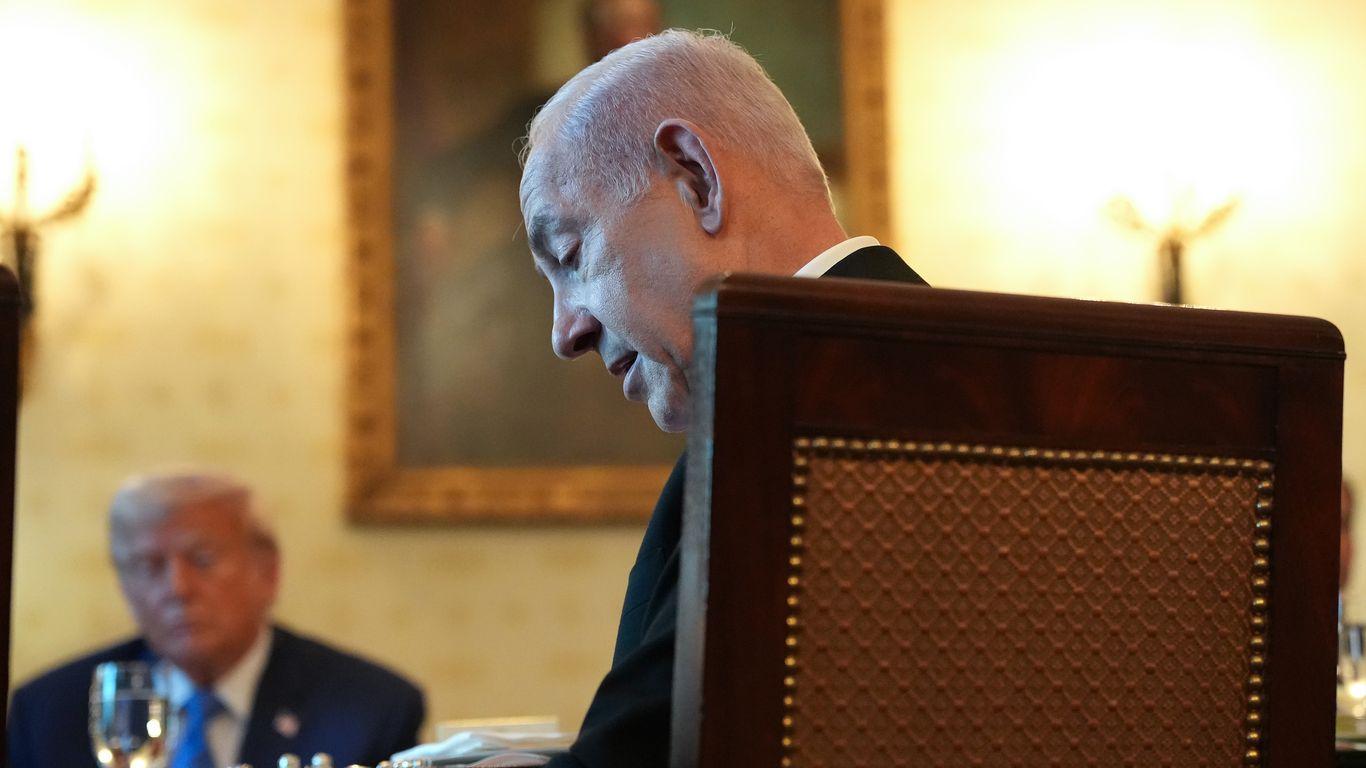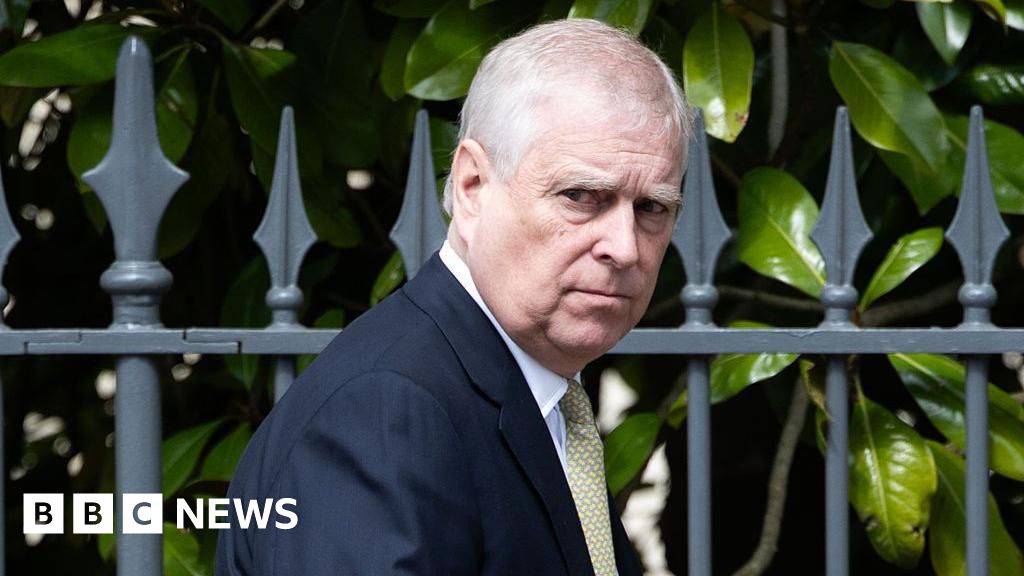Israel Military Leadership Scandal: Detention Video Sparks Outrage

Scandal Shakes Israeli Military Leadership
Israel faces a profound political scandal following the arrest of its top military lawyer, a two-star general, accused of leaking a controversial video depicting alleged abuse of a Palestinian detainee. The footage, recorded at the Sde Teiman detention camp, shows Israeli soldiers assaulting the prisoner, sparking national outrage and intense debate over military conduct and legal accountability.
Disappearance and Detention
After resigning amid the controversy, the military lawyer briefly disappeared, prompting her family to report her missing. She was later found and is currently held in custody, fueling further tensions within Israel’s military and political spheres. This incident highlights deep divisions over how Palestinian detainees are treated and the legal protections afforded to Israeli soldiers.
Broader Implications
The scandal has reignited scrutiny of Israel’s military justice system and its handling of human rights allegations. It raises critical questions about transparency, governance, and the balance between security operations and adherence to international law standards, all under the watchful eyes of both domestic and global observers.
About the Organizations Mentioned
Israeli military
The Israeli military, officially known as the Israel Defense Forces (IDF), is a highly integrated and technologically advanced defense organization. Established in 1948 following Israel's declaration of independence, the IDF has evolved into a robust force comprising the army, navy, and air force. Its core mission is to protect Israel's sovereignty and security in a region with multiple strategic challenges. ## History and Evolution The IDF's history is marked by adaptability and innovation. Initially structured as a ground-forces army with air and naval support, it has transformed over the years to incorporate cutting-edge technology and specialized units. The IDF has played a pivotal role in numerous conflicts, including the 1967 Six-Day War and the 1973 Yom Kippur War, where it demonstrated its strategic capabilities. ## Key Achievements - **Technological Advancements**: The IDF is renowned for its technological prowess, particularly in missile defense systems like the Arrow and Iron Dome. These innovations have significantly enhanced Israel's defense capabilities. - **Specialized Units**: The IDF boasts elite units such as the Paratroopers and the Commando Brigade, which have been instrumental in counter-terrorism operations. - **International Cooperation**: The IDF has fostered close military relations with the United States, contributing to joint projects and strategic planning. ## Current Status Today, the IDF faces a complex security landscape with multiple fronts, including threats from Hezbollah, Hamas, and Iranian proxies. In response, Israel is debating future force structures, emphasizing strategic planning, technological integration, and regional defense alliances. ## Notable Aspects - **Integration and Innovation**: The IDF's structure combines air, ground, and sea forces more closely than most militaries, allowing for rapid mobilization and coordination. - **Conscription and Reserves**: The IDF relies heavily on conscription and a well-trained reserve force, ensuring a robust military capability despite its relatively small active-duty component. - **Societal Impact**: Beyond defense, the IDF plays a significant role
Sde Teiman detention camp
The **Sde Teiman detention camp** is an Israeli military facility located in the Negev desert near the Gaza Strip border, established in late 2023 following the enactment of Israel's Unlawful Combatants Law. It functions primarily as a detention center for Palestinians, especially Gazans captured during and after the 2023 Hamas-led attack on Israel. The camp holds detainees classified as unlawful combatants, a status that denies them prisoner-of-war protections and limits their legal rights, such as access to lawyers. The facility is split into enclosures where detainees are kept blindfolded and handcuffed, a field hospital for medical treatment, and an interrogation area. At its peak, the camp held hundreds of detainees, but numbers have reportedly decreased following legal and public pressure[1][2]. The camp has been the subject of significant controversy and criticism due to numerous allegations of torture, sexual violence, and inhumane treatment. Reports from human rights organizations, including Amnesty International and B’Tselem, as well as investigations by international media and the UN, have documented abuses such as beatings, forced stress positions, denial of medical care, exposure to loud noise, and sexual assault. These allegations include accounts from former detainees describing severe mistreatment, including forced nudity, electrocution, and use of dogs to intimidate prisoners[3][4][5]. Israel’s Supreme Court has intervened, ordering disclosure of detention conditions amid these allegations and mandating compliance with Israeli law on detainee treatment. Although the Court rejected calls to close the camp in September 2024, citing improvements and reduced detainee numbers, it continues to monitor the situation closely[2]. The camp’s existence and the treatment of detainees highlight ongoing tensions between security policies and human rights in the Israeli-Palestinian conflict. The facility remains a focal point for debates on legality, morality, and transparency in military detention practices related to counterterrorism efforts.















